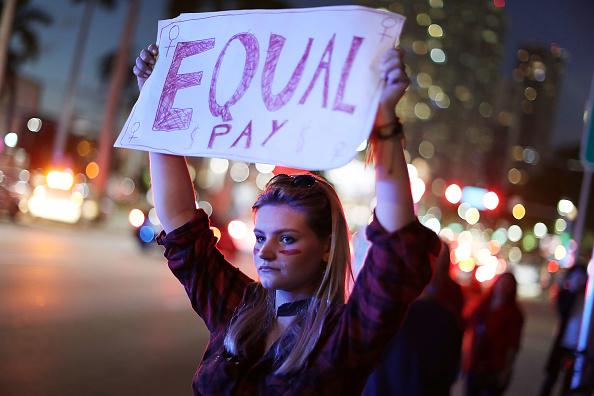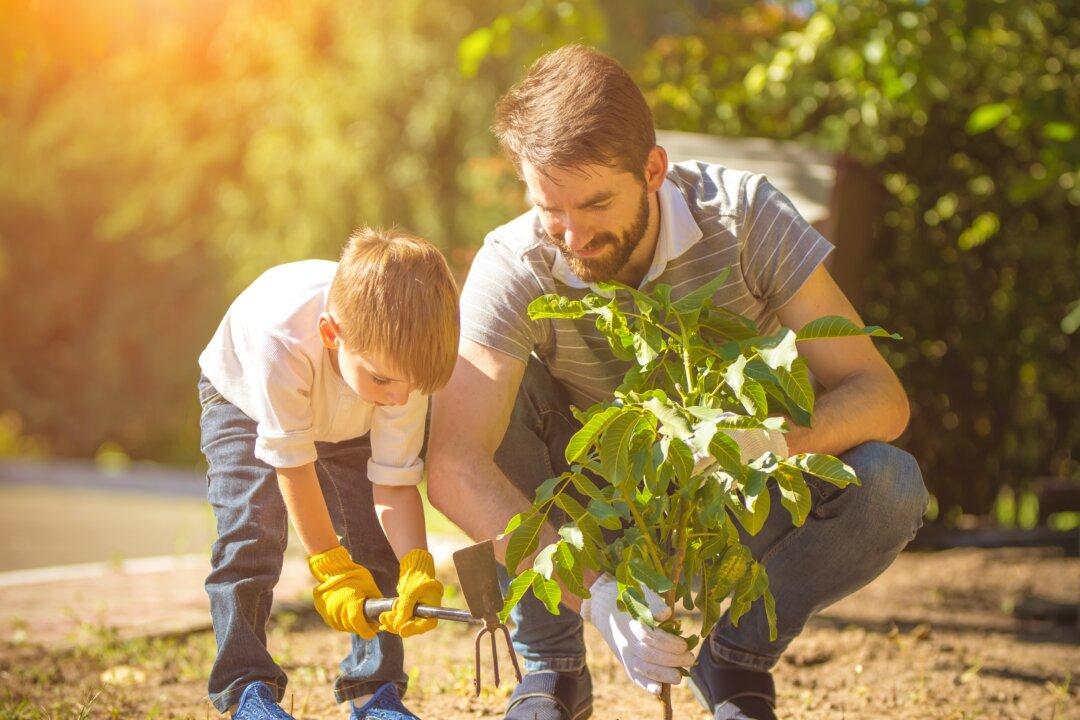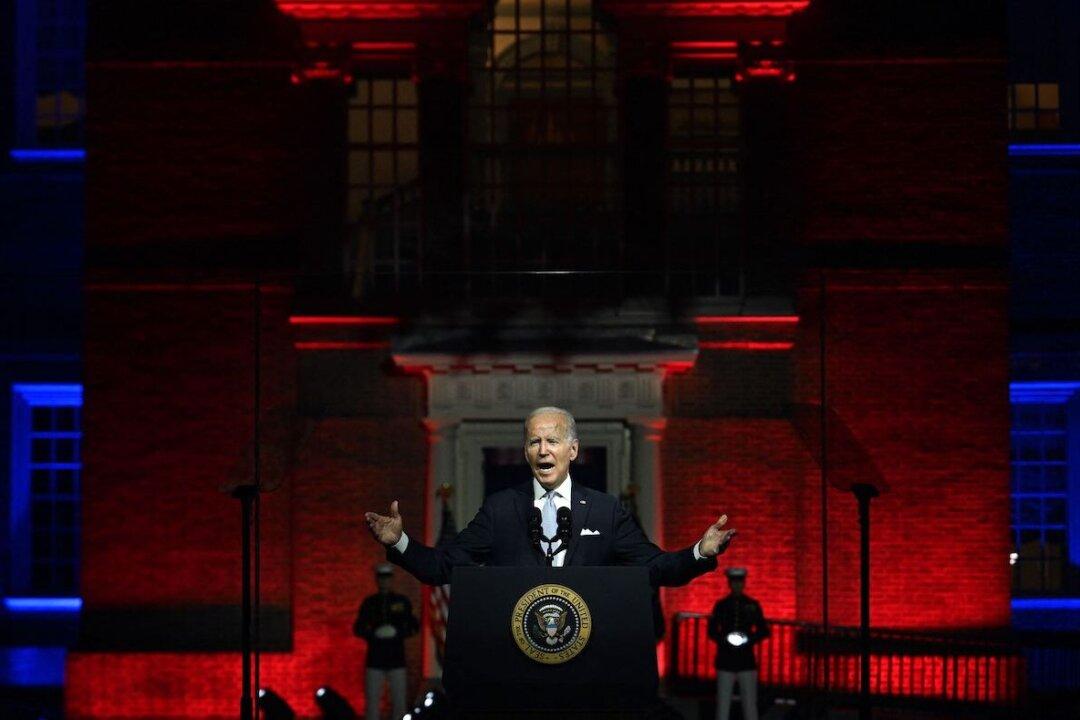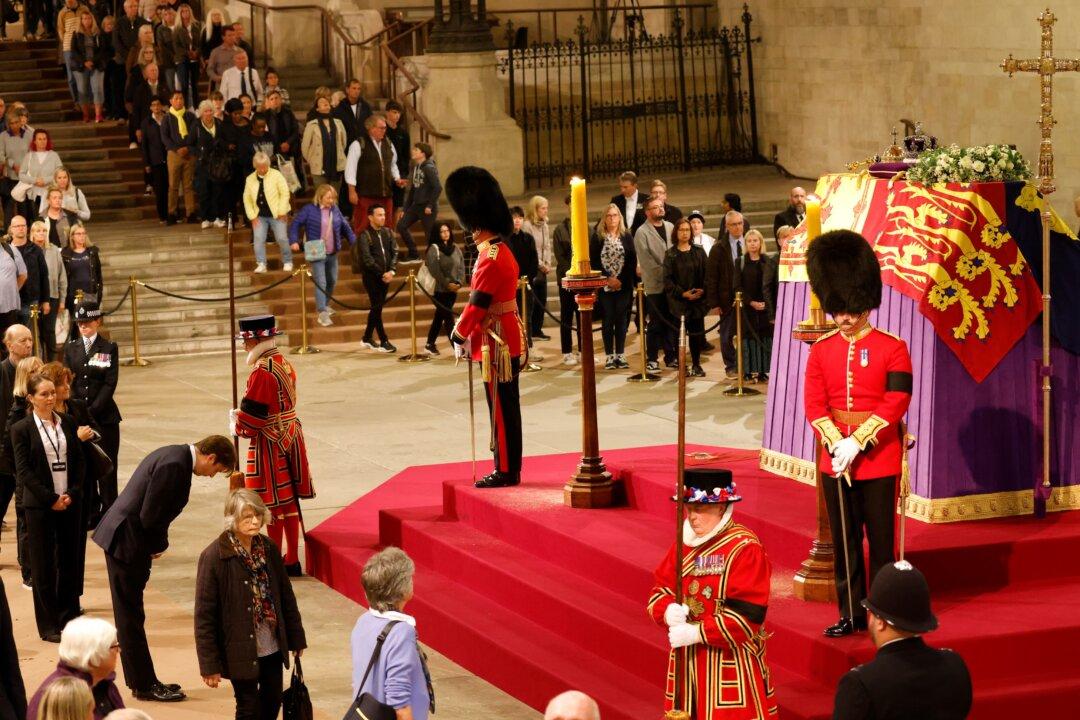If “social justice” is such a vague, ideological concept, providing cover for a progressive agenda that calls for more state control of the economy and social life, why not junk it altogether as many recommend? Already, conservatives and libertarians tend to use it dismissively, with scare quotes around it.
But, accepting all the criticisms of considering social justice to be an ideal state of affairs, do we still need the concept in its original sense, as a personal virtue?





